New report asks why more P.E.I. women aren't working in agriculture, aquaculture and fisheries
'There are labour shortages and women present an opportunity to add to this workforce'
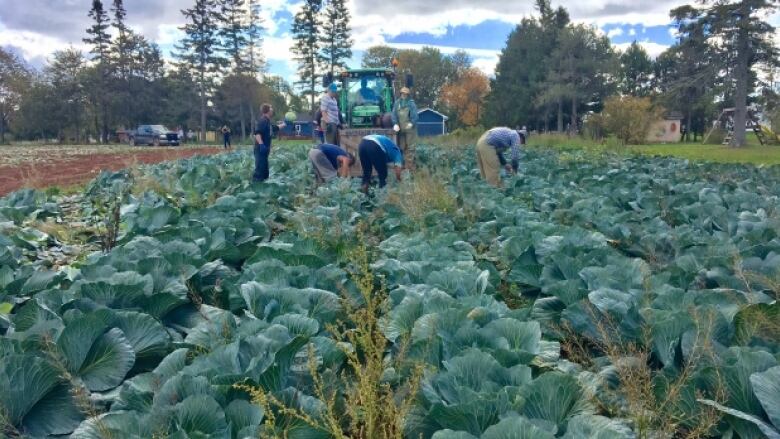
A new report identifies multiple obstacles blocking women wanting to work in agriculture, aquaculture, and fisheries on P.E.I.
"There are indeed barriers that women are saying they're encountering whenever they're either attempting to enter the industries or remain in the industries," said Bobby Thomas Cameron, with the P.E.I. Department of Agriculture and Land.
"We also got really clear direction from those who participated in the study, some of the things that government and industry could be doing to encourage participation."
The project included a public online survey and a series of one-on-one interviews with women involved in the three industries.
Lack of child care
"Child care was a main issue, which may or may not be particularly unique to the industries," Cameron said.
"Nevertheless it was a barrier that participants were saying they were encountering."
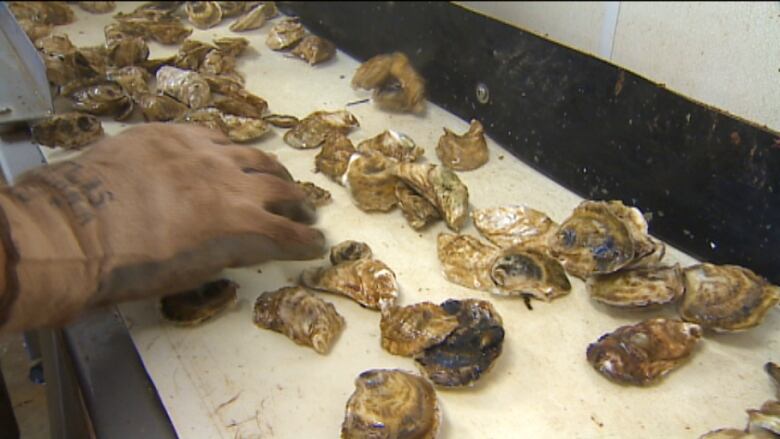
The report said women taking the survey identified pregnancy, gender bias and jobs considered to betraditionally femalework such as child care and housework as the top three barriers to women's participation in the industries.
"There were also issues around stereotyping, assumptions around 'women's work,' quote unquote," Cameron said.
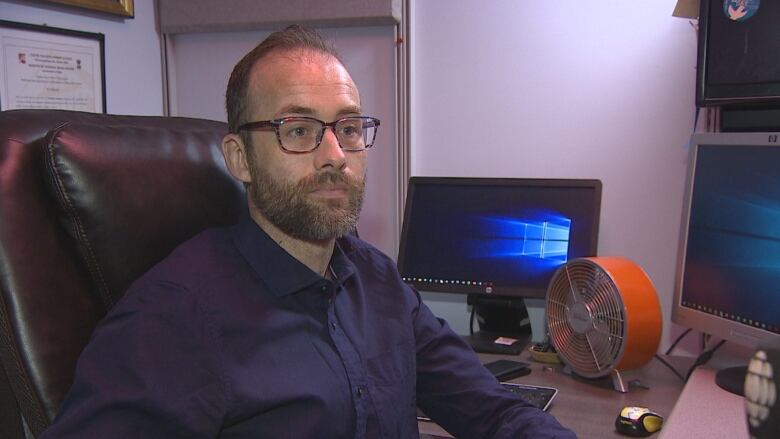
The survey also found 50 per cent of the women who responded had witnessed or experienced gender bias at work.
"It was something that was alarming in some respects," Cameron said.
"I think what it really showed was that there is a need for policies and programs in the area of gender inclusion broadly, just to ensure that women and other groups have the pathways to fully participate in the industries."
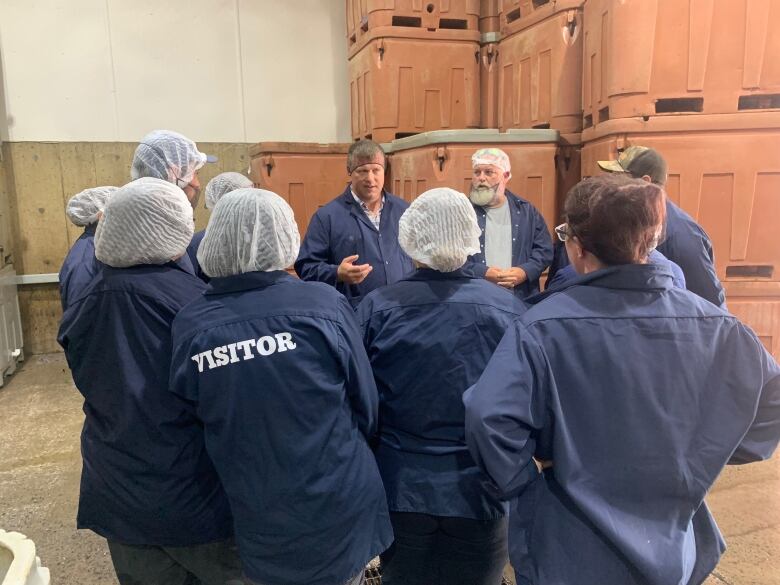
Co-owner and operator of Barnyard Organics in Freetown, P.E.I., Sally Bernard said she's excited about the new report on gender inclusion.
"I think it's probably an overdue conversation I think probably women have been talking about it for a little while and now we have the general public having this discussion," Bernard said. "So I'm really glad to see it."
Bernard is part of a new working group through the P.E.I. Federation of Agriculture, who are putting together a strategic action plan of their own.
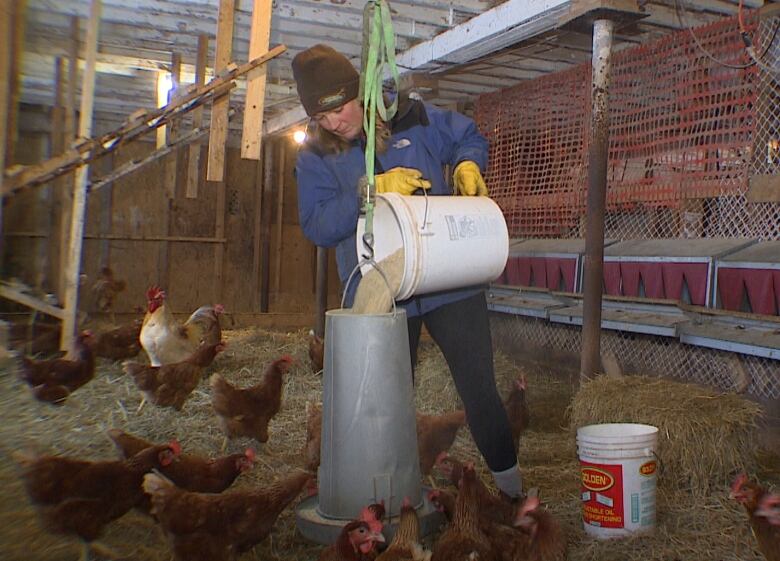
She said they have been hearing about physical barriers that can make things difficult as well as normalized stereotypes and attitudes toward women in agriculture.
"Just little things that, sure we all work through it and we're all like, 'OK whatever, that was annoying and it's not a big deal and I'm not going to let it hold me back,' but it's just little things we shouldn't have to deal with."
Bernard says having a daughter motivates her to want to make agriculture more inclusive.
"She may or may not decide to go into agriculture, but I would like to think that if she does, I could contribute to some of those barriers maybe not being there or not being as present for her."
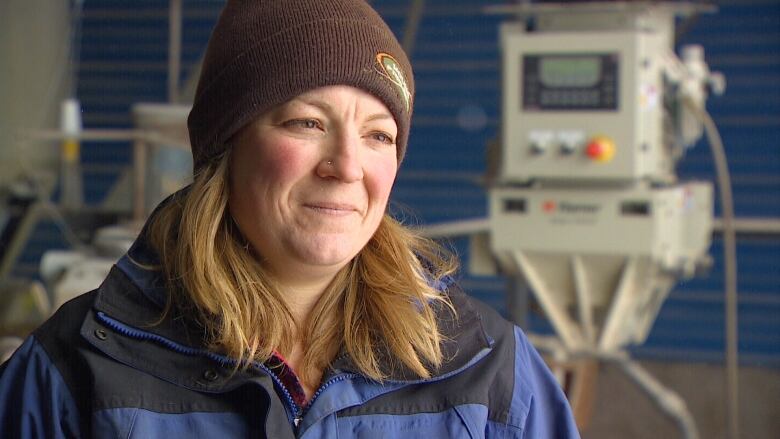
Women's networking group
The women who were interviewed for the report also said they weren't aware of what government was doing to encourage more female participation in the industries.
More than half said mentorship and networking opportunities, as well as money for programs specifically for women, need to be made available.
"We're going to be looking at ways to better connect with women working in the industries to ensure that they're aware of pathways for employment," Cameron said.
His department is also working with the P.E.I. Federation of Agriculture to focus on the issue of gender inclusion.
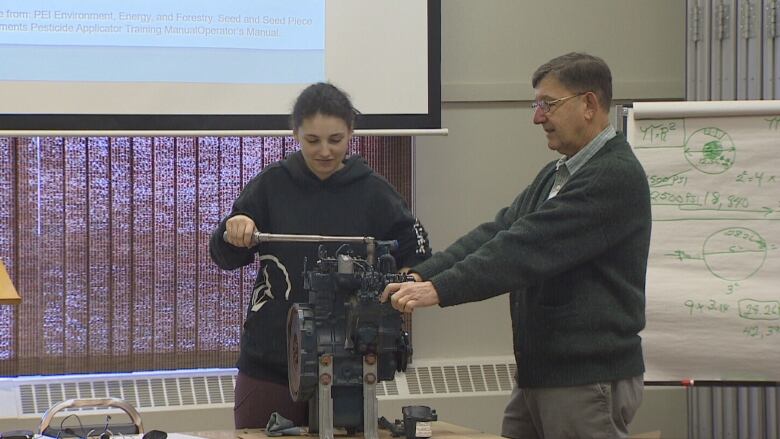
"There is now a women's networking group for women working in agriculture, so that they can provide mentorship to one another," Cameron said.
"While not overtaxing the women that we do have in our industries, it is important that government does provide opportunities for these women to continue to mentor and network with younger or newer entrants."
Cameron said the department is also in the process of renewing its gender diversity and inclusion plan.
"Taking into consideration what we heard from from this report to make sure that we're being responsive moving forward."
Cameron said "fairness and equality" are a main driving force behind the project, but there is also a pragmatic reason for gender inclusion.
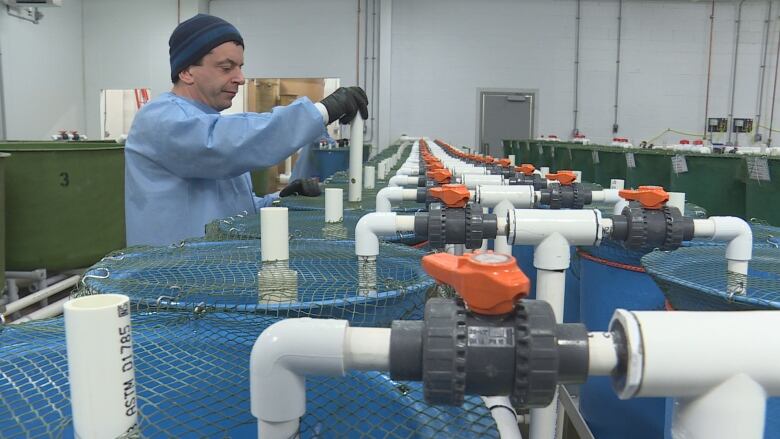
"There are labour shortages in these industries and women present an opportunity to add tothis workforce," Cameron said.
"So I think it's a mix of both just fairness, as well as the labour component."
The gender inclusion project first began when the industries were part of one department, but the recommendations will now be handled by two departments: Agriculture and Land and Fisheries and Communities.












_(720p).jpg)


 OFFICIAL HD MUSIC VIDEO.jpg)
.jpg)



























































































